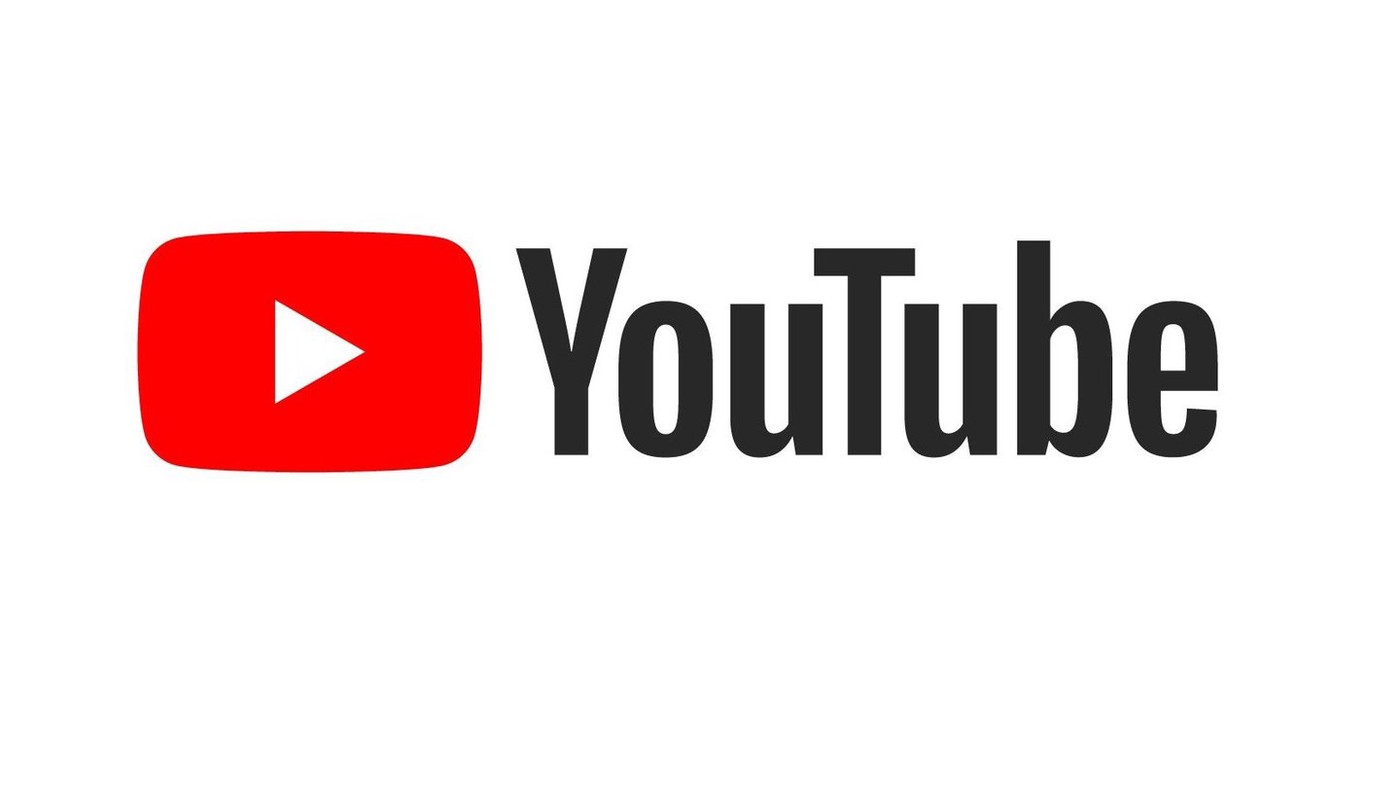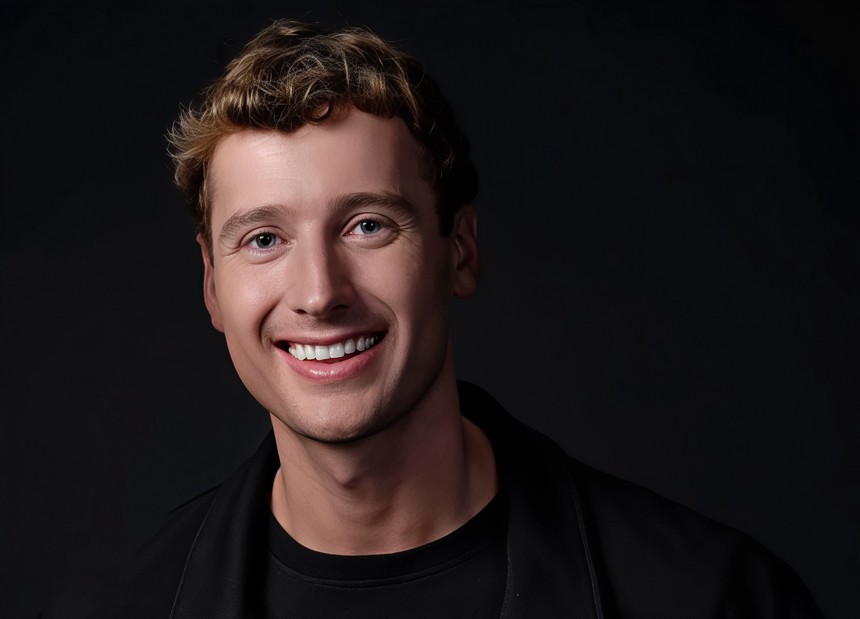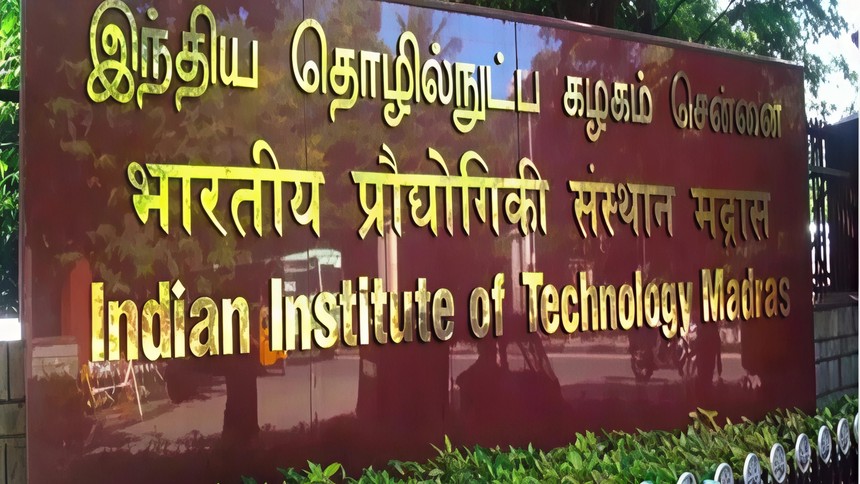YouTube is facing backlash from creators after multiple YouTubers reported that their Shorts were being automatically edited to look sharper and smoother without their consent. These changes, they say, alter the natural look of their videos and compromise the trust between creators and their audiences. YouTube has acknowledged the complaints, but clarified that the changes are part of an experiment using machine learning rather than generative AI.

Creators Notice Unwanted Changes
The controversy gained attention when YouTuber Rhett Shull compared his Shorts to the same video uploaded on Instagram. He noticed that his YouTube Shorts appeared “smoothened” and described it as if an oil painting effect had been added to his face. Other creators also reported similar changes, with faces appearing retouched, hair looking more polished, and wrinkles on shirts being removed.
On Reddit, a post titled “YouTube Shorts are almost certainly being AI upscaled” shared screenshots that seemed to show AI altering video details across different resolutions. Many creators found this practice misleading because YouTube had not informed them about these modifications.
YouTube Responds to the Backlash
Rene Ritchie, YouTube’s head of editorial and creator liaison, addressed the issue on X (formerly Twitter). He explained that the company is not using generative AI or upscaling technology. Instead, YouTube is experimenting with “traditional machine learning technology” to unblur, denoise, and improve clarity in Shorts. According to him, this is similar to what modern smartphones do when recording videos.
Ritchie further clarified that generative AI refers to advanced systems like large language models or transformers, while upscaling means improving lower resolution videos into higher resolution ones. Neither of these, he said, was being applied to Shorts.
Creators Push Back Against Experiment
Despite YouTube’s clarification, many creators remain unconvinced. They argue that calling it “machine learning” instead of AI is wordplay, and the bigger issue is the lack of transparency. Rhett Shull summed up the frustration in his video, saying, “The most important thing I have as a creator is trust. Replacing or enhancing my work without consent erodes that trust with my audience and with YouTube.”
Why This Matters
YouTube Shorts has grown into a major platform for content creators, competing directly with TikTok and Instagram Reels. Any changes to how content appears can have a significant impact on creator branding, authenticity, and viewer trust. While YouTube insists its goal is to improve video quality, creators say the experiment highlights the need for consent and clearer communication.

Final Thoughts
This debate underscores a growing concern in the creator economy—how much control platforms should have over content once it is uploaded. While YouTube may be trying to enhance user experience, creators want assurance that their work will not be altered without their approval. As the experiment continues, the company will need to strike a balance between technological improvements and respecting the creative integrity of its community.
For more updates on AI, social media, and the latest in tech, make sure to follow Tech Moves on Instagram and Facebook.














